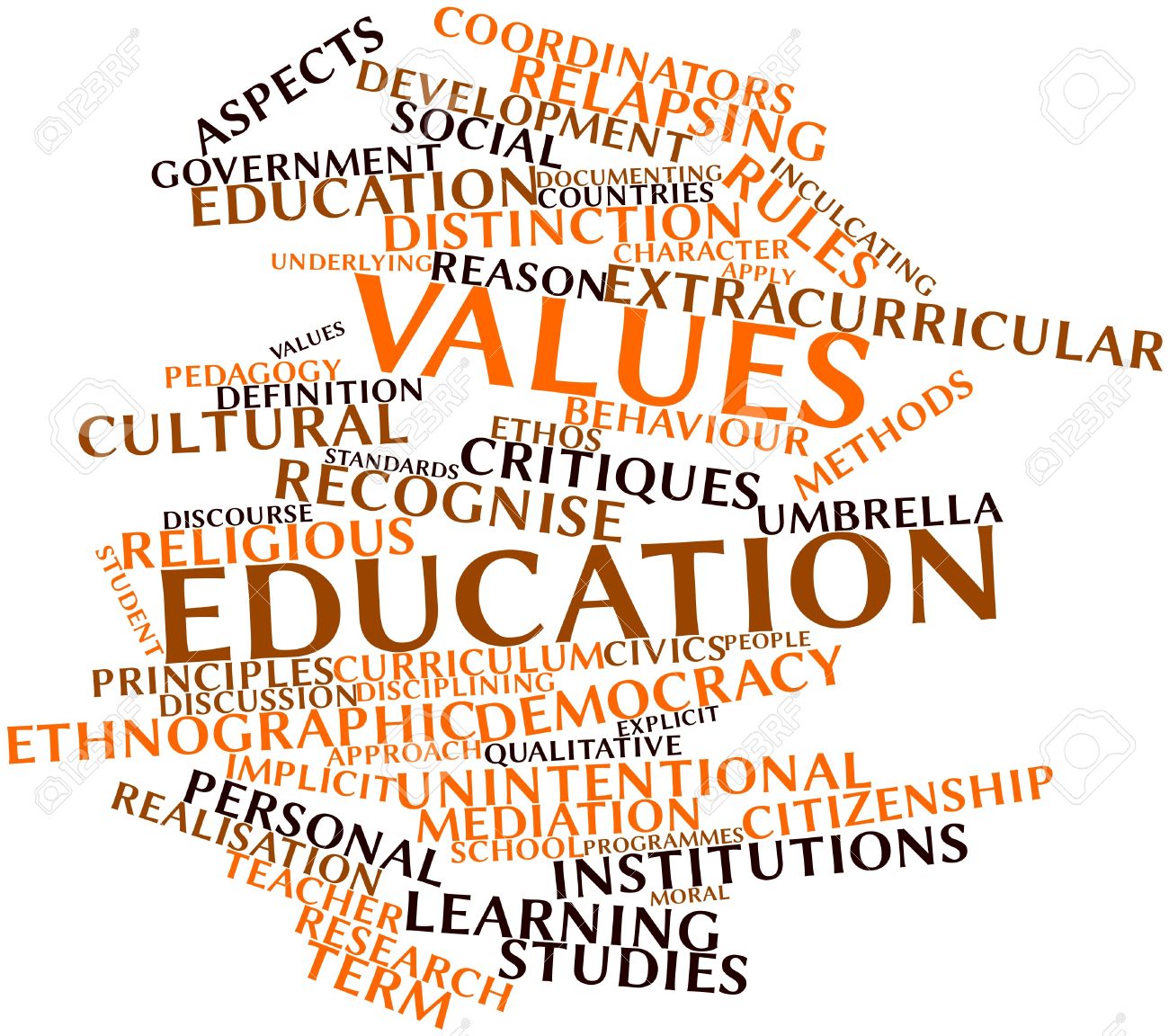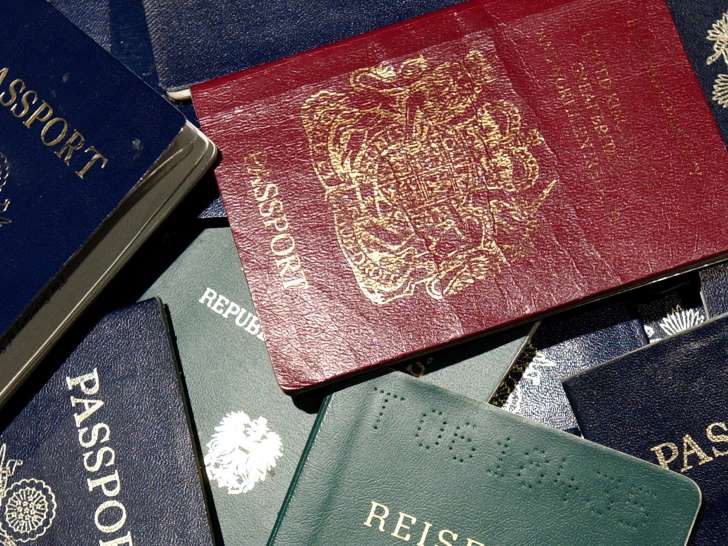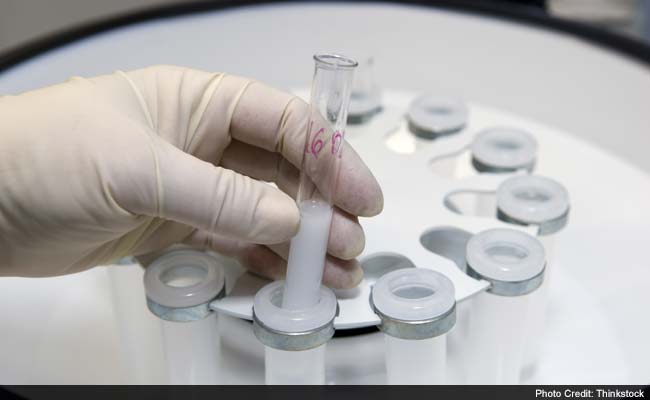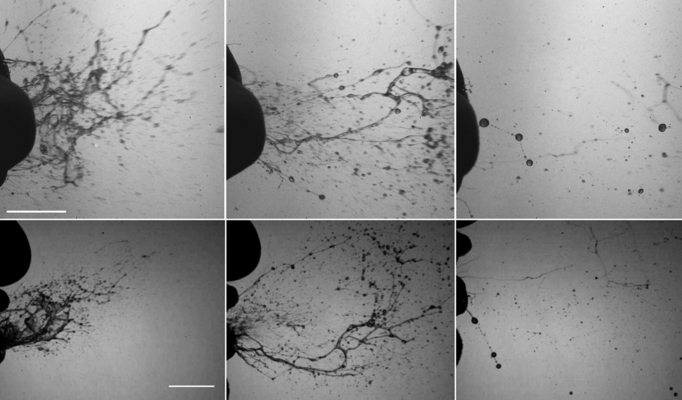
Dr. Satish K. Kapoor
Education is an instrument as well as a catalyst of social transformation. Social change can be brought about by a qualitative change in man’s perceptions, attitudes, habits, priorities and goals. The transformation of the individual is a prerequisite to the transformation of society, which, in turn, is the sine qua non for the creation of a just and human social order.
The past centuries witnessed tremendous progress in the fields of science and technology and made the living conditions of man better. But what man gained in material terms was lost in moral and spiritual realms. The Outward Man of flesh and blood was nourished at the cost of the Inward Man who was starved of virtue and goodness. Man probed the mysteries of the universe but ignored the mystery of his own self. He bore tunnels in the mountains but failed to grapple with the high peaks of pride and passion within him. He created aircrafts to fly in the air but forgot to take an inward journey.
From necessities he moved to comforts and from comforts to luxuries, forgetting in the process, the supreme source of comfort and bliss.
The Renaissance in Europe did not bring about a renaissance of human values. The Reformation altered man’s perceptions of the sacred and the sacrosanct but did not do away with his inner vices like lust, greed, anger and the like.
The technological revolution has given the human world much of its economic prosperity. Bereft of moral tenor it has brought in its wake, social inequality, horrendous wars, persecutions, atomic devastation, and of late, ecological crisis.
The ghost of technological power unwittingly released by man can be contained only be the right kind of education which combines science with spirituality, reason with faith, prajna with karuna, empirical knowledge with intuition and insight; which keeps both progress and peace as its goals and is helpful in mitigating social evils.
The prevalent system of education is information-oriented not character-oriented. It is consumerist in nature and makes one selfish, self-centred, irreverent and cynical. It sharpens reason but hardens the heart. It lays little or no emphasis on such basic values as truth, love, honesty, humility, compassion, forbearance and justice. It makes one conscious about one’s rights not duties. It promotes materialistic outlook, and generates unhealthy competition.
While the primary task of education is to draw out the best in a person, the fact remains that students, overburdened with lengthy and abstruse syllabi and fearful of the spectre of examination and an uncertain future, find little time to make use of their ratiocinative faculties, to acquire moral virtues or to explore their creative potential.
The sculptors of Elephanta, Ellora or Mahabalipuram, wood carvers of Bharhut and Sanchi, Painters of Ajanta, Bagh and Badami, and other craftsmen of ancient and medieval times did not have any formal education and yet they could create immortal works of art. Today, there are institutes of art but few masterminds in the field.
The paradigms of education in 21st century ought to be creativity not superficial knowledge, soul-consciousness not body consciousness, and cosmocentricity not egocentricity. Each must be taught to see himself as a part of the cosmic self. Since the same self embodies all one can view the other as one’s own self in a different human frame. The concept of ‘universal selfhood’, being different from ‘universal brotherhood’ which posits two entities, is sure to neutralize a person’s negative feelings towards his fellow being. The artificial barricades that separate man from man, community from community and continent from continent would also come to an end.
Education must tame the beastly instincts in man if a better society is to be created. Since one can be either angelic or devilish depending on one’s inner environment, value-based education can help to restrain the senses, the mind, the intellect and imagination from going astray, provide a blueprint for the art of disciplined living, inculcate scientific temper and a sense of social responsibility and transform juvenile delinquents into responsible citizens.
Prayer, meditation, spiritual discourses incorporating lofty ideas, moral precepts, fables or poems, inspiring anecdotes from the lives of great man, can go a long way in altering the mental environment of pupils and save them from drugs, drinking, depression and suicidal tendencies. Since positive values are better transmitted than taught, these must be adequately imbibed by parents and teachers so that they can be passed on without much effort. A teacher who skips his classes, leaves courses incomplete and is often late cannot be a role model of discipline, honesty and punctuality for his students. Likewise, a parent who earns by dubious means, leads an ignoble life, does criminal deeds or revels in clubs and parties while his children groan at home, cannot speak of the higher values of life.
Finally, education, besides preparing boys and girls for their specific roles in society and at home, must help them to integrate the physical, mental, vital, aesthetic and the moral aspects of their personality. It must teach them to harmonise with their own being, with the people around, and with nature.
The renaissance of the higher values of life through education would help in overcoming the crisis of character, resolve tensions and conflicts in society and stem the mad race of humans for power and pelf.
Swami Vivekananda said : “Man is a combination of animality humanity and divinity.” The task of education in 21st century ought to be to help him to take a plunge from the animal to the divine state while remaining active in the world.
Dr Satish K Kapoor is Ex-Principal, Lyallpur Khalsa College, Jalandhar and Ex- Registrar DAV University, Jalandhar.


 South Asian News E-Paper
South Asian News E-Paper Punjabi News E-Paper
Punjabi News E-Paper

















